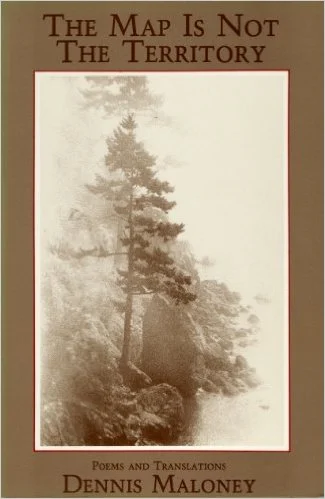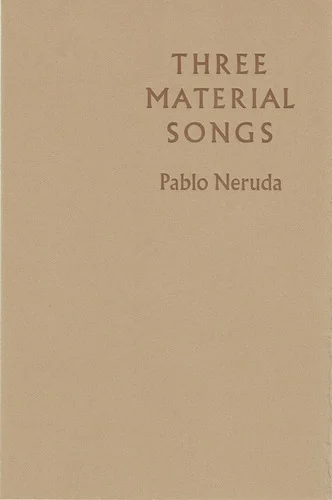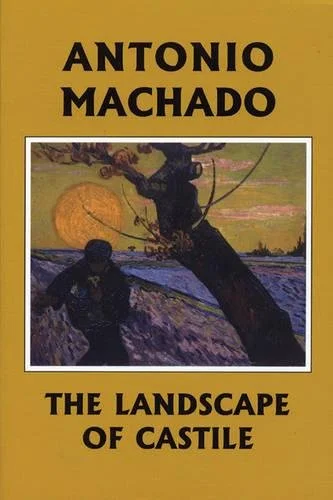The Things I Notice Now
Available now from Madhat Press
Dennis Maloney’s lifelong immersion in poetry from distant lands leads him now to notice worlds of possibilities in everything he encounters—a plum tree, a bowl, a spider’s web. “A good poem should smell of tea, earth or newly split wood,” he writes. “A few words woven together to make a home.” Indeed he makes a home wherever he finds himself, in memory, in the present moment, and in the company of the dead—in Buffalo, Kyoto, the Salina Valley. What he memorializes, in poems that are at once wise and riveting, makes all the difference.
—Christopher Merrill, author of Necessities















